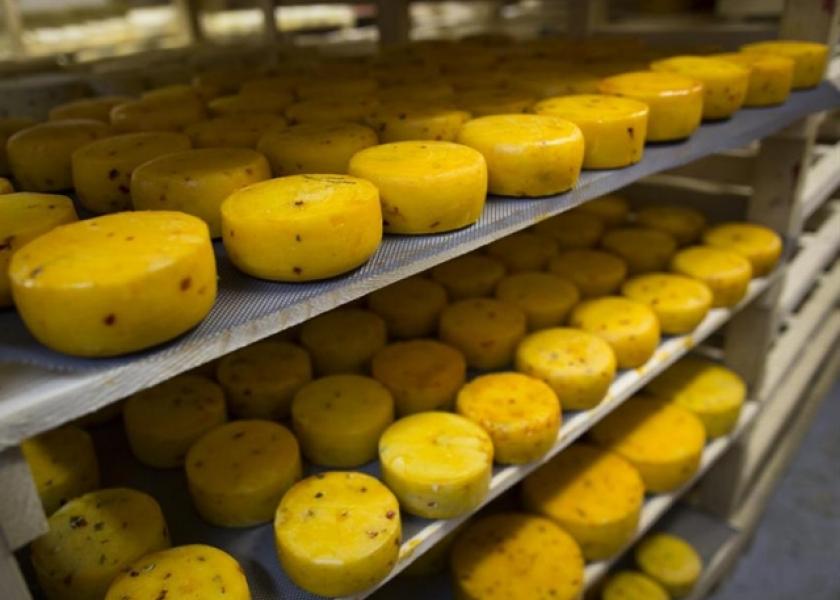Russian Police Bust $30 million Contraband Cheese Ring

Russian police said Tuesday they have busted an international ring involved in producing contraband cheese worth about 2 billion rubles ($30 million), arresting six people.
The arrests are part of a government campaign to enforce a ban on imports of Western cheese and other agricultural products imposed a year ago in retaliation for U.S. and European Union sanctions on Russia.
Police said the ring, whose operations began in March, had been supplying "as cheese a product made from cheese rennet whose import into Russia is forbidden." The product was then fixed with counterfeit labels of known foreign cheese producers and sold in supermarket chains and distribution centers in Moscow and St. Petersburg.
During the investigation, police raided 17 homes, warehouses and offices in the Moscow region, where they found 470 tons of the rennet product, equipment for making the counterfeit labels and documents confirming the illegal activity, the police statement said. It said six people were arrested, but did not identify them.
In recent weeks, in tacit acknowledgment that the import ban has been widely violated, the national agricultural oversight agency has been publicizing the destruction of tons of contraband food. As of Monday, 321 tons of animal products have been seized, of which 48 tons have been destroyed, the agency, Rosselkhznadzor, said. It said that of the 592 tons of fruit and vegetables seized, 552 tons have been destroyed.
The public display of steamrollers or bulldozers being used to crush wheels of cheese, whole geese or crates of peaches has met with much criticism in Russia, which is suffering through an economic recession. Many people have signed a petition urging the government to donate the food to the poor instead.







